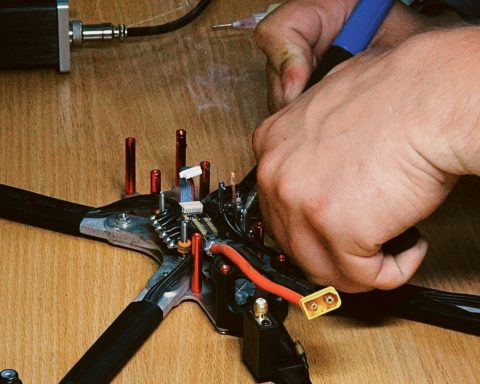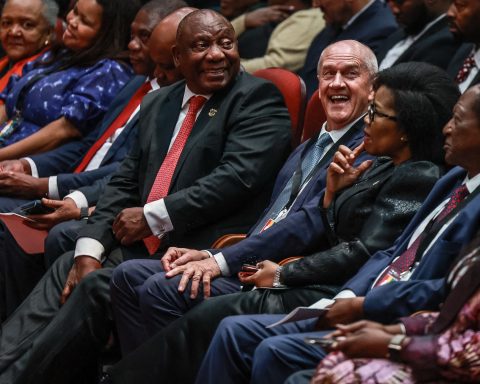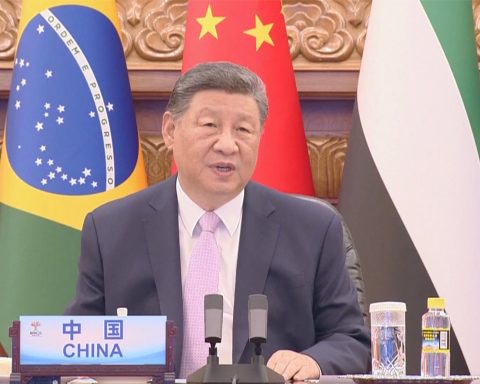China has introduced strict export controls on eight key EV battery technologies, effective 15 July 2025. Companies must now obtain government licenses to transfer these technologies overseas, as part of China EV battery controls, significantly impacting China EV battery export strategies.
The Ministry of Commerce stated the rules apply to critical processes like lithium iron phosphate (LFP) battery production and lithium processing. With China controlling over 70% of global EV battery output, China EV battery controls reinforce its dominance in the global EV supply chain, influencing China EV battery export policies.
Global Supply Chain Disruptions
These controls are likely to disrupt EV production worldwide, especially for automakers reliant on Chinese technology. CATL, the world’s largest EV battery maker, and BYD, China’s top EV manufacturer, lead in battery innovation. CATL’s Shenxing battery, for instance, delivers 520 km of range with just five minutes of charging, but China EV battery export limitations could restrict access.
Without access to such technology due to China EV battery controls, Western automakers could face rising costs and slower innovation, delaying production and weakening competitiveness.
Trade Tensions and Geopolitical Shifts
The move coincides with intensifying trade tensions. Earlier this year, the US imposed a 93.5% tariff on Chinese graphite, a vital battery component. Analysts see China’s export rules as a strategic response to protect its tech edge.
Liz Lee from Counterpoint Research said the move deepens the “geopolitical tech decoupling” in the EV sector. Both the US and EU are now accelerating efforts to build alternative battery supply chains, though this will take time.
Challenges for Western EV Projects
Western EV projects are already affected by China EV battery export policies. For example, Ford’s BlueOval Battery Park in Michigan, which uses CATL’s LFP tech, faces uncertainty. The extent of the impact depends on how strictly China enforces the rules set out in China EV battery controls.
Meanwhile, Chinese firms like BYD may avoid major disruptions due to overseas assembly operations, helping them maintain a global edge.
Outlook for EV Markets
China’s export controls aim to safeguard its leadership in EV tech amid shifting trade dynamics. As clean energy demand rises, Western nations may increase investment in domestic battery production.
For South Africa, dependent on global supply chains, the new rules established by China EV battery controls could mean higher costs and delayed access to advanced EV technology.






